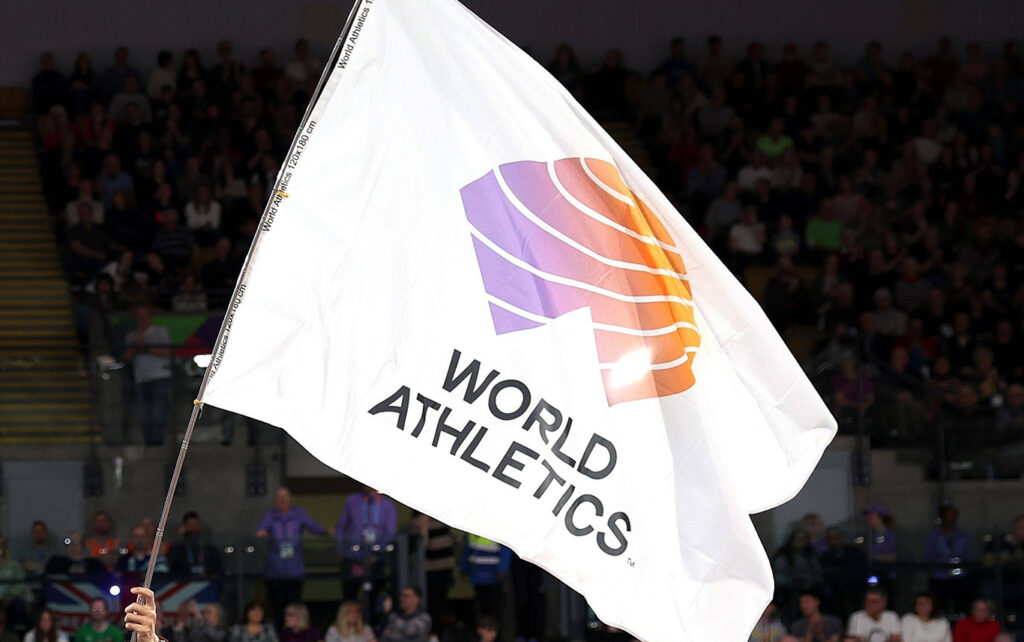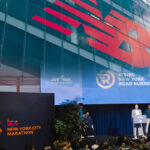Ahead of the world championships in Tokyo in September, World Athletics head Sebastian Coe has revealed that the gender tests implemented by the governing body in time for the event are mostly complete.
World Athletics announced in July that any athlete looking to compete in the female category at world championships would need to submit to a one-time cheek swab or blood test. The move brought some clarity to months of discussion over what a test would consist of, what vendor would be selected to administer tests and how a timeline would ultimately be established.
The test is designed to seek the SRY gene which is part of the sex-determining Y chromosome, the primary factor in deciding male characteristics.
A negative test result means the athlete would be permitted to compete in female events at world championships, which kick off at Japan National Stadium on September 13.
Coe addressed the media on Thursday as the Diamond League season-ending championships concluded with two days of competition in Zurich following a long outdoor season. The sport now shifts to Tokyo — and a larger stage — and Coe confirmed that around 90 percent of the gender tests from athletes of member nations have been completed.
“The objective is to make sure that, by the time we have the championships, they will have all been tested. But the timeframe was tight. We knew that,” Coe said.
And while the testing method is now in focus, the road to get to this point has been extensive with the current mandates rooted in regulations that date back to 2018. At that time, World Athletics required differences in sex development (DSD) athletes to medically suppress natural elevated testosterone levels in order to compete in female events.
By 2023, a ban on transgender athletes who had gone through male puberty from the female category was in place. In March, the approval of the SRY testing measure tightened World Athletics’ stated mission to preserve the integrity of female competition.
While athletics has often led around the issue of gene testing and other sensitive issues within sport, such as DSD (differences of sex development) and transgender policies, it is not the only sport that has introduced an SRY test.
With Tokyo on the horizon, Coe sees the timeline for completing the test getting closer and his staff has worked closely with member nations to coordinate testing with their athletes ahead of the previously announced September 1 deadline.
For nations that do not have the infrastructure in place to offer the tests, their athletes can report to a facility coordinated by World Athletics after arriving in Japan and take the exam.
“The athletes are overwhelmingly supportive of this and have been very helpful in all this,” Coe said. “The member federations have been very supportive and we needed to establish the most effective test.”
After September 1, the SRY test will continue to be required for competition at any World Athletics event.







